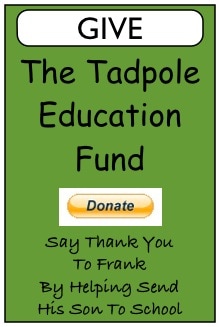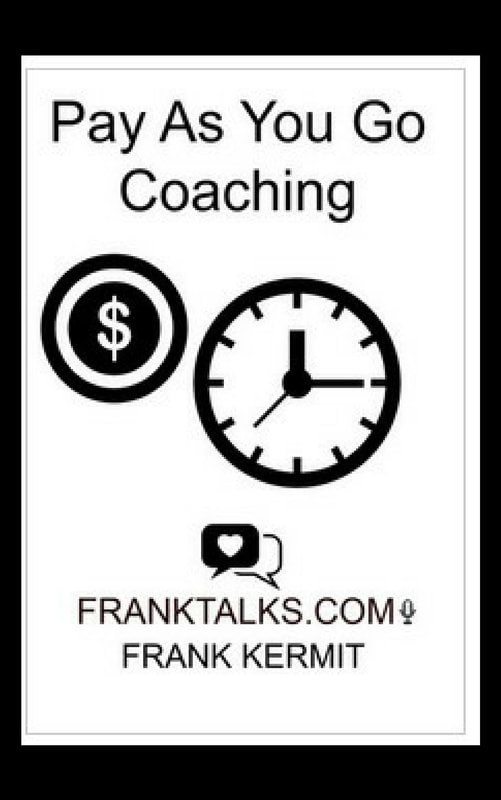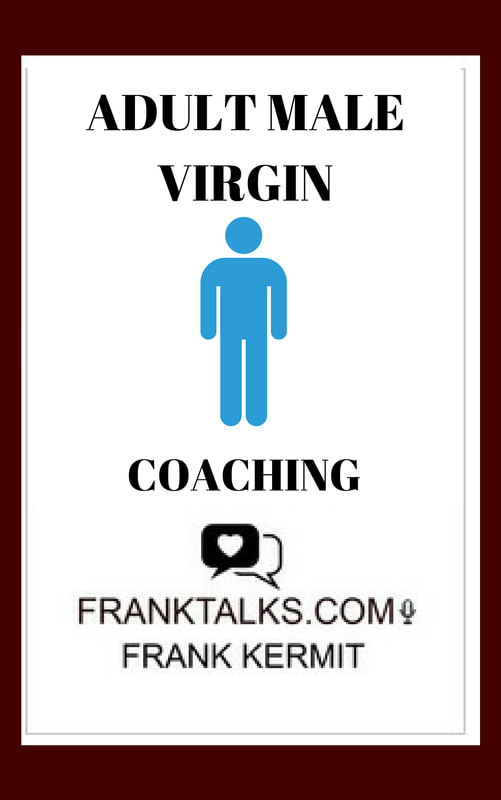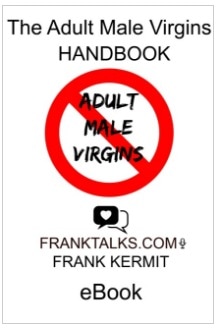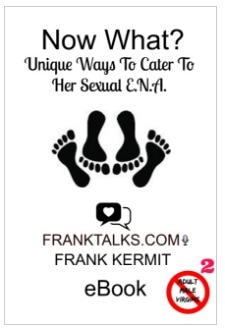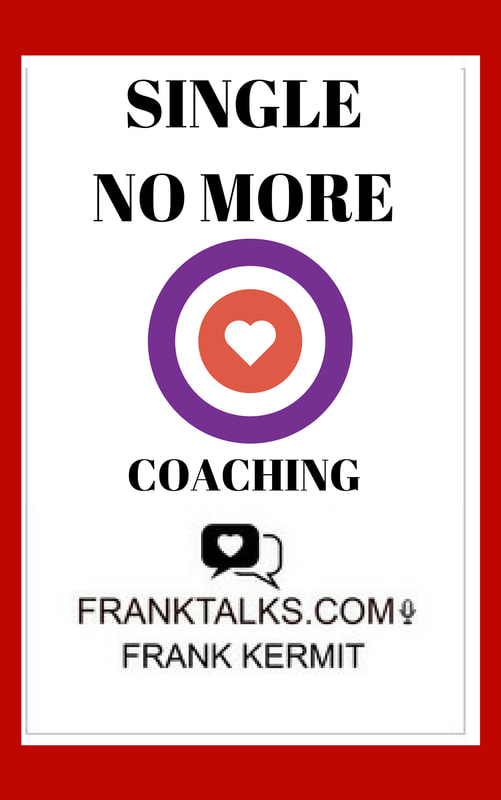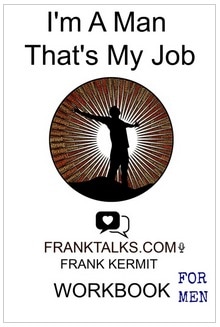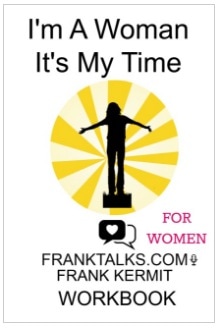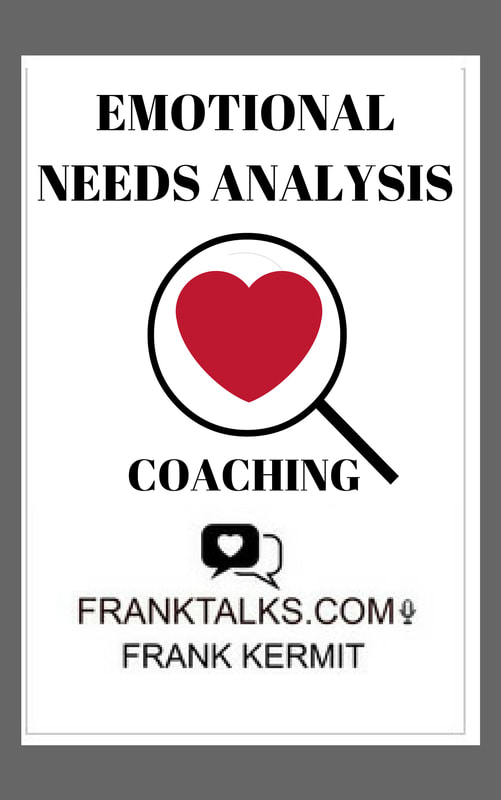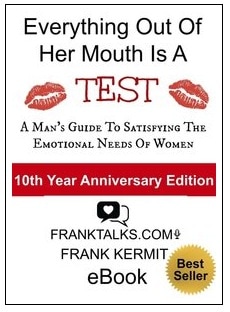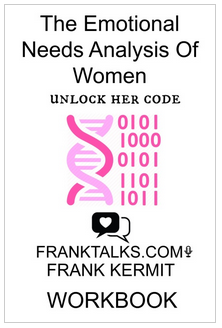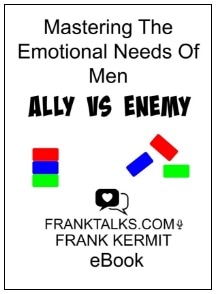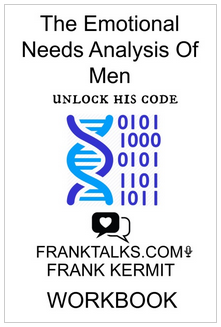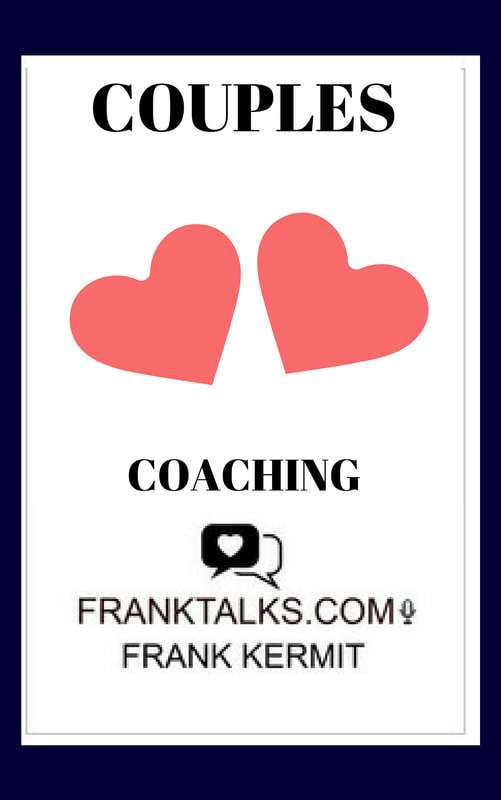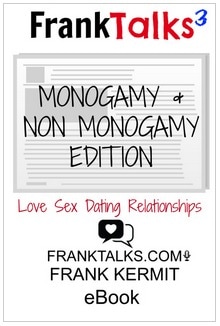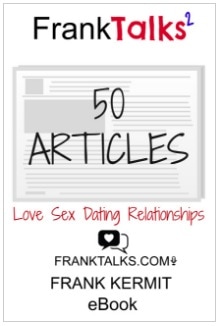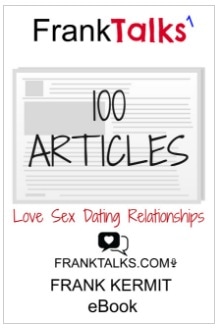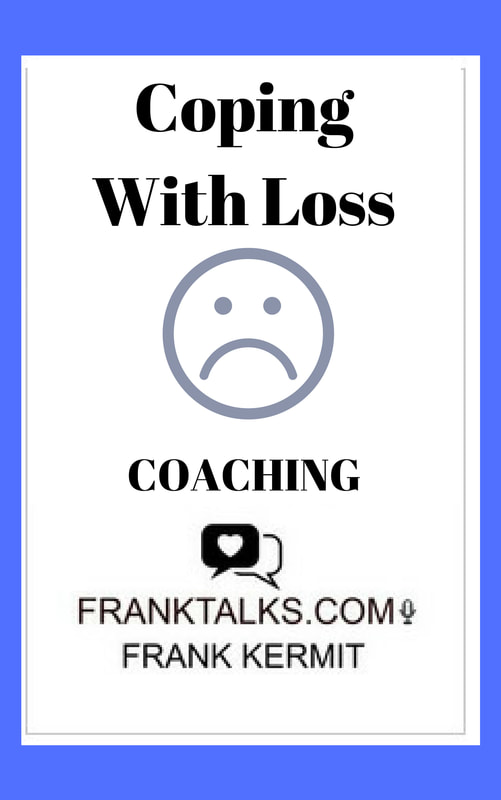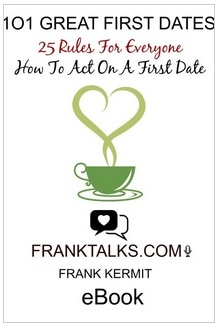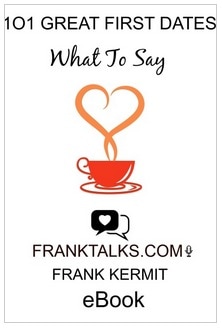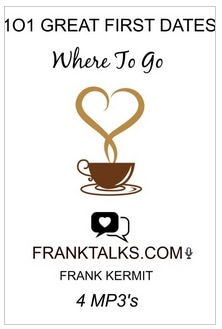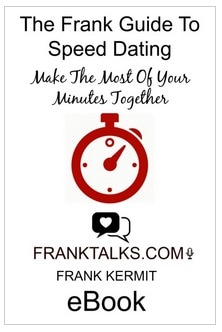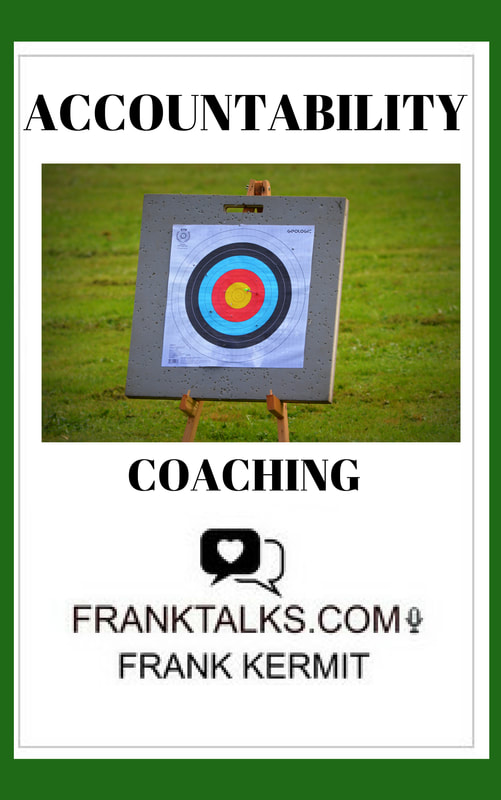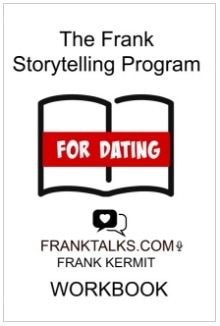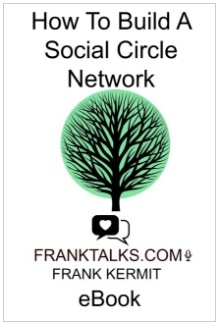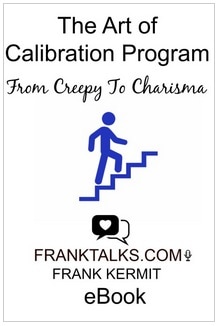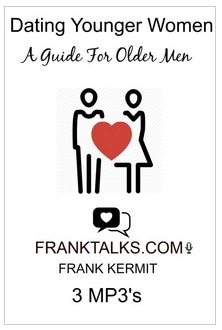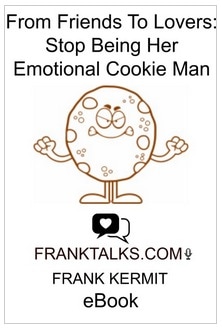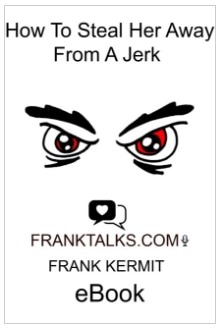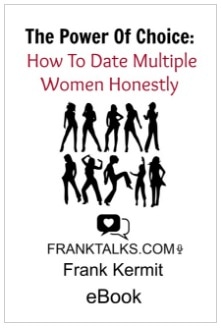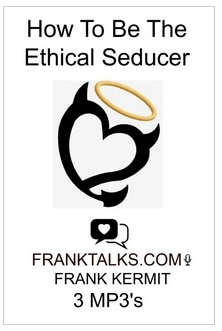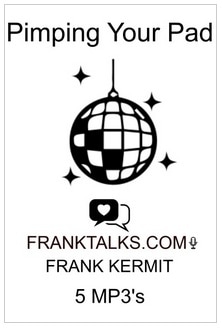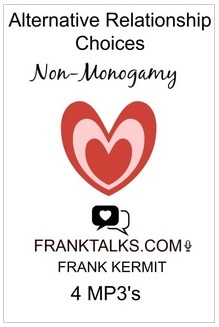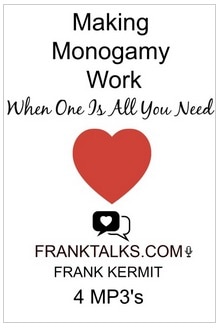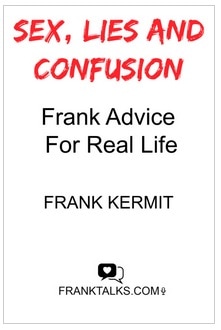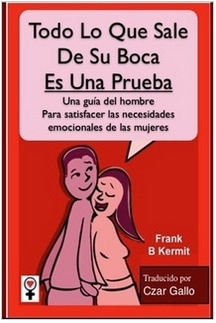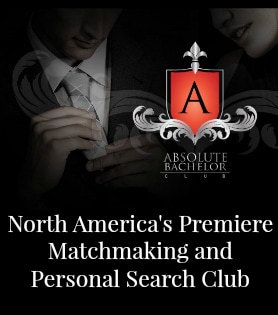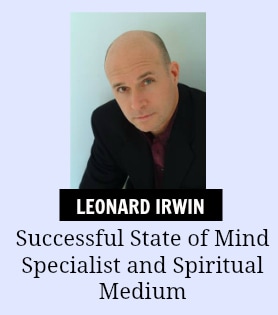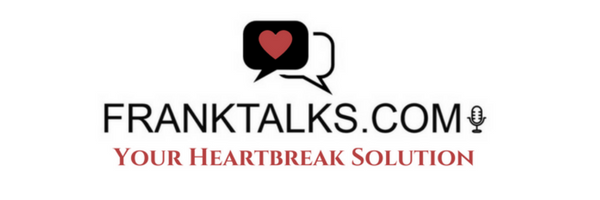|
The Difference Between Jokes and Abuse In Raising A Child By Frank Kermit A joke is not a joke if it hurts someone. With April 1st (known as April Fools Day) upon us, it can be customary for some to play a prank on the people we care about, all in the name of harmless fun. However, in my practice I see a more sinister side of this day, and the premise that it is based on. When people use April Fools Day to justify a repeating behavior pattern of meanness and bullying, it is no joke. It is abuse plain and simple. The emotional damage that can occur when humor is used as a mask for abuse is serious. Ask any trauma counselor. I worked on programs with special populations (adults with autism and other developmental challenges), and also counsel trauma victims in my coaching practice. I see and deal with the damage done to people when just having fun at the expense of a human being goes without context. In most of those cases, the people having fun do NOT acknowledge that what they do is wrong, and are usually people who actually care (or are suppose to) about their targets. The worst is when those jokes are perpetuated on children, where most people first learn about the blurred connections between humor, jokes and harmful acts. Although children have a wonderful sense of playfulness that does not mean that children can distinguish the context of when a joke is a joke and when a joke can be harmful. A child laughs at cartoon characters kicking each other in the butt (just watch old Chip And Dale cartoons for an example). However, when a child mimics that same behaviors on his daycare classmates, it is not funny to the kids being kicked. Those innocent interpretations of children can grow up into emotional blocks for grown ups. "My mother regularly told me that I was a mistake as a joke", says the adult man who has trouble holding on to a job. "My brother used to call me fat as a joke all the time", says the adult woman who is dying from an eating disorder. Let us first start off with a major concept. Children are like sponges in the way they absorb information. There is no such thing as a time to play and then a time to learn. Children are ALWAYS in learning mode. If you were to consider thinking of playtime as merely a different mode of learning, you may start to get a grasp of just how important socialization is to the development and education of a child. This is one of the reasons why new educational endeavor seek to employ entertainment values in lesson planning. When children are exposed to abuse under the form of humor, it is just as much an education about how to relate to themselves and each other, as sitting in a classroom and following a prepared lesson by a teaching professional. Children who are the target of jokes may be learning something negative if the context of the joke is in anyway hurtful. If the teasing is coming from other children who have already set themselves up to be categorized as enemies, it may carry a certain message (i.e. the problem is the other children, not the child being targeted). However if the teasing is coming from the best friends or even family of the targeted child, the message could end up being that if the people who are suppose to love the child actually hate the child, then child is unlovable. This can be especially heinous when the teasing is actually tolerated or even encouraged by the people around the child who would normally be expected to protect the child. As I teach this in my program, THE ART OF CALIBRATION PROGRAM: FROM CREEPY TO CHARISMA EBOOK: A key component if you are struggling to decide if something would be a harmless joke or if something may constitute a form of abuse or mistreatment is to ask one question: Would the person who is being targeted be laughing at the joke being played on him or her? If the answer is yes, then it is all in fun. If the person who is being targeted is not finding it as funny as the prankster, then it is abuse. At the heart of this question, is the question of consent. Would the person you are playing the joke on consent to it? If there is consent, it is a shared experience. When there is no consent, the joke can cross the line and become an act of violence or abuse (even name calling is an act of verbal abuse). To make it even more abundantly clear, if you are unable to accurately predict if the person you are targeting would fully consent, then take that as a sign not to pull the joke. The absence of consent is what makes it abuse. One question I have been asked is whether or not it is alright to make fun of someone, or laugh at someone, provided the person would never find out about it. If a person does not know he or she is being made fun of, then no feelings can be hurt, and would that make it OK? The answer is no. It does not matter if the person being made fun of, laughed at, or having a prank played upon them does not know it. It is still wrong. To use a relational analogy, it is still cheating if you have promised fidelity to someone, regardless if the other partner never finds out. Whether it is making fun of the introverted neighbors down the street, a celebrity on the Internet, strangers on Youtube videos, or the shy kid in class that does not know how to defend herself, having fun at someone's expense, even if they do not know about it, still does not change the fact that it is a hurtful act you knowingly commit. So before you play a joke or prank on someone you love (or a stranger for that matter), just stop. Especially if the person is a child, or simply does not like being made fun of. There are many ways to share an experience with someone you care about, and better ways for you to show that you care than poking fun at them. April Fools Day is not an excuse to be a bully. Frank Kermit P.S. Do you Agree With This Article? Disagree? Have something to Add? Write your thoughts in the comments below and share this article to see how many of your friends think like you.
0 Comments
Leave a Reply. |
Categories
All
Archives
June 2024
NDG Encore Singing Chorus **** Every Friday Night Dr. Laurie Betito Quotes
|
|
FRANK KERMIT MA
EXPERT RELATIONSHIP COACH HELPING PEOPLE CONNECT |
ALL COACHING IS BY TELEPHONE OR SKYPE ONLY INTERNATIONAL CLIENTS ARE WELCOME *INTERNATIONAL CLIENTS ARE RESPONSIBLE FOR LONG DISTANCE PHONE CHARGES, +1 Canada/USA* SKYPE IS PREFERRED. IT'S FREE AND EASY TO USE FROM ANYWHERE IN THE WORLD TELEPHONE: +1-514-680-3278 EMAIL: [email protected] SKYPE: frank kermit PLEASE NOTE THAT ALL SALES ARE FINAL. NO REFUNDS OR EXCHANGES
|

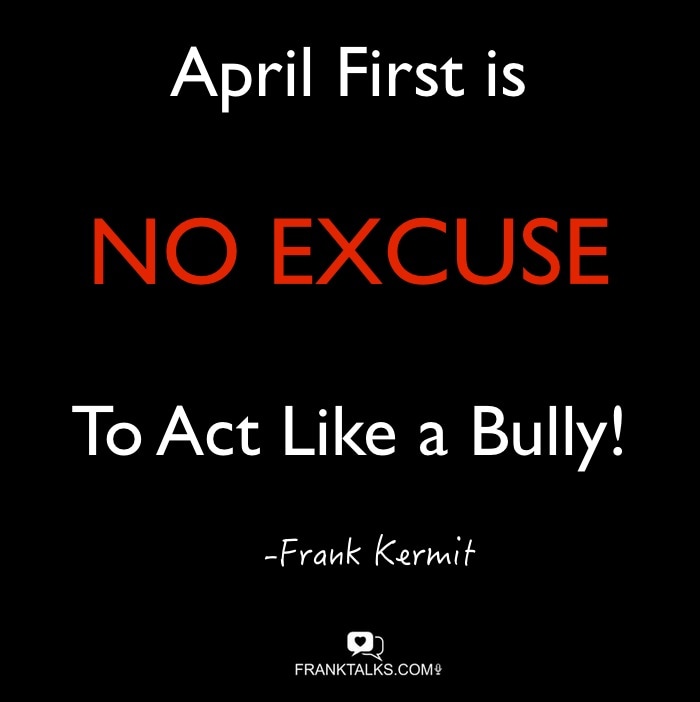

 RSS Feed
RSS Feed

